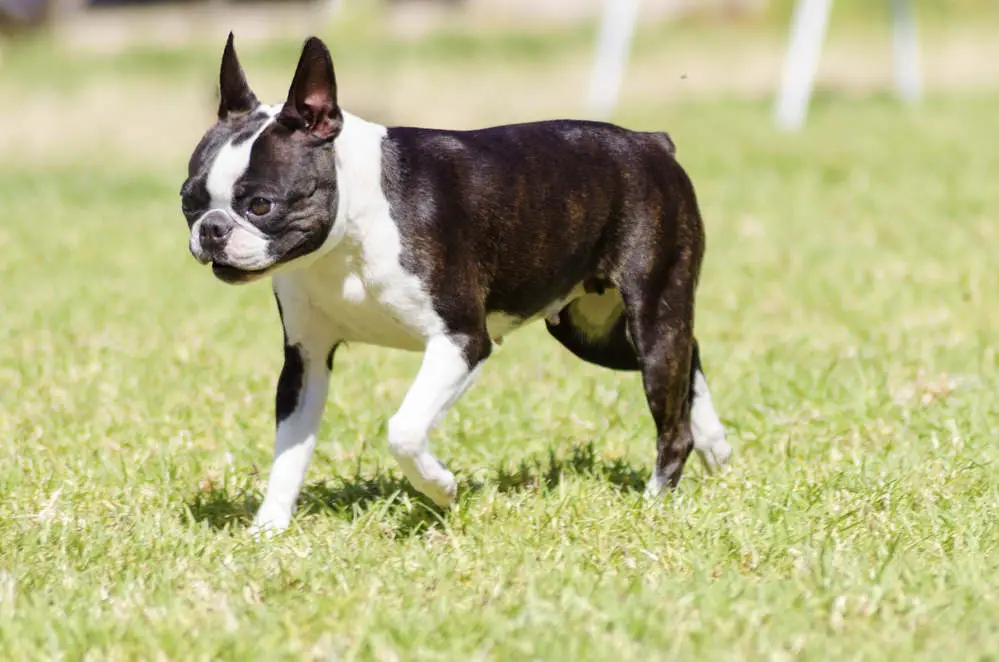
Previous studies show people have a soft spot for this expression: Study co-author Bridget Waller has found dogs that more frequently express AU 101 tend to get adopted more quickly than those that don't.

In particular, Kaminski's team focused on the common "sad puppy" facial expression, which is called AU 101. To take guesswork out of it, the team relied on a rubric that defines facial expressions by the specific muscles the dog flexed. Throughout, a camera filmed the dog's reaction, letting researchers carefully go back through and identify the dog's facial expressions. One at a time, the dogs were taken into a quiet room and situated a few feet away from a person they'd never met before, who progressed through four positions: The human faced the dog and held a treat, the human faced the dog empty-handed, the human turned away from the dog and held a treat, and the human turned away from the dog empty-handed. To better understand how dogs use their faces, Kaminski's team examined how 24 family dogs-randomly drawn from a database of volunteer families in Germany-reacted to four scenarios. “Dogs read human gestures and communicative signals in ways other animals can't,” study leader Juliane Kaminski, a psychologist at the U.K.'s University of Portsmouth, says by email. Research has shown that dogs constantly monitor humans, intently watch our gestures, and in comparison to hand-reared wolf puppies, tend to look up at human faces more often. ( Read why dogs are even more like us than we thought.)

Humans and dogs have lived side by side by some 30,000 years, and along the way, evolution seems to have sculpted dogs' behavior. The discovery adds to scientists' ever-growing understanding of man's best friend, one of our species's longest companions. Dogs change their facial expressions when they know people are looking at them-perhaps in an effort to communicate.įor instance, canines in the study would make the classic "sad puppy face"-raising their inner eyebrows to make their eyes look larger and more infant-like-when looking into a human's eyes.


 0 kommentar(er)
0 kommentar(er)
